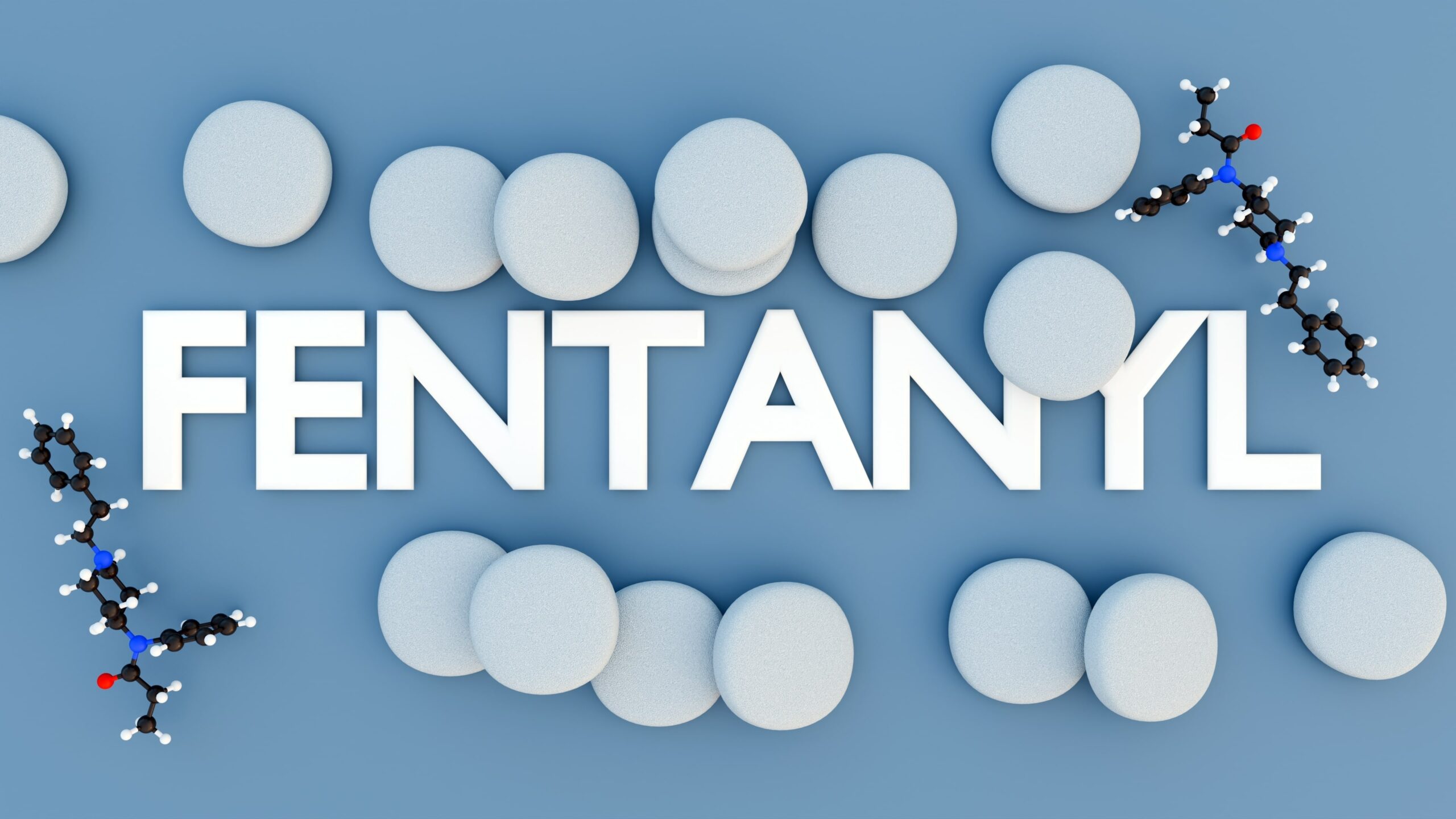Hazing is no longer seen as a harmless “rite of passage” in Utah. State law treats hazing as a serious criminal offense, often prosecuted aggressively, especially if the incident results in physical injury, emotional trauma, or death. Even pranks or traditions meant in “good fun” can lead to criminal charges if they meet the legal definition of hazing.
If you are accused of hazing in Utah, whether as a student, athlete, coach, organization leader, or member, you are facing potential jail or prison time, steep fines, school discipline, and long-lasting damage to your reputation and future opportunities.
Utah Hazing Defense Attorney
At Susanne Gustin, Attorney at Law, we understand that hazing accusations often arise from misunderstandings, false statements, or exaggerated versions of events. These cases can be driven by public outrage, media attention, or school pressure to “send a message,” even when the facts are unclear.
With decades of criminal defense experience, Susanne Gustin provides strategic, aggressive representation in both criminal court and school disciplinary proceedings. Our approach includes:
- Conducting independent investigations to challenge the prosecution’s narrative.
- Interviewing witnesses to uncover inconsistencies or motives to fabricate.
- Fighting to keep your record clean and protect your education and career.
If you or your child is facing hazing charges in Utah, call (801) 243-2814 today for a confidential consultation.
Information Center
- Hazing Laws in Utah
- Key Elements a Jury Considers in Hazing Cases
- Penalties for Hazing in Utah
- Statute of Limitations for Hazing in Utah
- Defenses to Hazing Charges in Utah
- How Hazing Cases Differ for Students
- Frequently Asked Questions
- Additional Resources
Hazing Laws in Utah
Utah’s hazing statute, Utah Code § 76-5-107.5, defines hazing as intentionally or knowingly engaging in conduct that:
- Endangers the mental or physical health or safety of another person for purposes of initiation, admission, or continued membership in an organization, team, or group.
- Involves physical brutality such as whipping, beating, branding, calisthenics, exposure to extreme weather, confinement, or forced consumption of alcohol, drugs, or other substances.
- Requires someone to commit an illegal act or humiliates, degrades, or intimidates them.
Consent is not a defense under Utah law. Even if the alleged victim agreed to participate, prosecutors can still pursue charges if the conduct meets the statutory definition.
Key Elements a Jury Considers in Hazing Cases
Proof of Intent – The prosecution must show that the defendant acted intentionally or knowingly in engaging in hazing behavior. Accidental or unrelated conduct does not meet this standard.
Connection to Group Initiation or Membership – Jurors must be convinced the act was tied to initiation, admission, or continued membership in an organization or group, not just random misconduct.
Nature and Severity of Conduct – The jury considers whether the act involved physical brutality, forced substance use, exposure to danger, or other conduct meeting the statutory definition.
Causation of Injury – In cases involving bodily injury, jurors must determine whether the hazing directly caused the harm.
Credibility of Witnesses – As many hazing cases hinge on conflicting testimony, the believability and consistency of each witness can heavily influence the verdict.
Penalties for Hazing in Utah
Penalties vary based on the severity of harm caused:
Class B Misdemeanor – Hazing without bodily injury. Up to 6 months in jail and a $1,000 fine.
Class A Misdemeanor – Hazing causing bodily injury. Up to 364 days in jail and a $2,500 fine.
Third-Degree Felony – Hazing involving a dangerous weapon, serious bodily injury, or involuntary consumption of drugs/alcohol. Punishable by up to 5 years in prison and a $5,000 fine.
In addition to criminal penalties, hazing convictions can result in school expulsion, permanent disciplinary records, loss of scholarships, and damage to future job prospects.
Statute of Limitations for Hazing in Utah
The time limit for filing hazing charges depends on the classification of the offense. In Utah, misdemeanors must generally be prosecuted within 2 years of the incident, while felony hazing cases carry a 4-year statute of limitations. However, exceptions can extend these deadlines, particularly in cases involving serious bodily injury or complex investigations.
Defenses to Hazing Charges in Utah
While hazing cases can be highly emotional and draw strong public reactions, there are a variety of defenses that an experienced attorney can use to challenge the prosecution’s case. Each defense must be carefully matched to the facts, witness statements, and available evidence.
Lack of Criminal Intent – To convict someone of hazing, the State must prove that the accused acted intentionally or knowingly to engage in hazing conduct. If the activity in question was a spontaneous, joking interaction without intent to initiate, admit, or maintain someone in an organization, the hazing statute may not apply.
- Example: A student trips and spills a drink on a teammate as a prank during practice, without any connection to team initiation.
- Defense Strategy: Show that the action was unrelated to any group membership and lacked the required intent.
False Allegations – Hazing accusations can arise from personal disputes, competition for leadership positions, or retaliation. Sometimes, one individual may exaggerate or fabricate claims to damage another’s reputation.
- Example: A student who was removed from a club accuses members of hazing in order to get them in trouble with the administration.
- Defense Strategy: Use witness interviews, group records, and communications to expose ulterior motives or inconsistencies in the accuser’s story.
Insufficient Evidence – Many hazing cases rely on verbal testimony without physical evidence. If there are no medical reports, photographs, video recordings, or reliable witness statements, the prosecution’s case may be too weak to secure a conviction.
- Example: A student claims hazing occurred at an off-campus party, but no other witnesses confirm the account and no evidence supports it.
- Defense Strategy: Highlight the lack of corroboration and point out reasonable doubt in the jury’s mind.
Mistaken Identity – In group settings, especially in dimly lit or chaotic environments, victims may misidentify who participated in the conduct.
- Example: During a large fraternity initiation, the alleged victim identifies the wrong person as the individual who poured alcohol into their drink.
- Defense Strategy: Use photographic evidence, alibis, and contradictory witness statements to show that the defendant was not the person involved.
Constitutional Violations – If police obtained statements, evidence, or confessions in violation of a suspect’s constitutional rights, such as conducting a search without a warrant or failing to read Miranda rights before interrogation, the defense can seek to have that evidence suppressed.
- Example: Officers seize phones and private messages from members of a sports team without proper legal authority.
- Defense Strategy: File motions to exclude unlawfully obtained evidence, which can lead to a dismissal if the prosecution’s case depends on it.
How Hazing Cases Differ for Students
When hazing allegations arise in a school or university setting, the accused often faces two separate proceedings:
Criminal Prosecution – The state pursues charges in Utah’s criminal courts, with potential penalties including jail or prison time.
School Disciplinary Action – Universities and high schools often conduct their own investigations. These proceedings use lower standards of proof (“preponderance of the evidence” instead of “beyond a reasonable doubt”) and can impose penalties such as suspension, expulsion, loss of campus housing, loss of athletic eligibility, and permanent notations on transcripts.
Even if you are acquitted in criminal court, a school can still impose severe sanctions. These proceedings can move quickly, sometimes before a criminal case is resolved, making it essential to have an attorney who can defend you in both arenas simultaneously.
Frequently Asked Questions
Can I be charged with hazing if the victim agreed to participate?
Yes. Utah law does not recognize consent as a defense to hazing charges.
What if no one was hurt?
You can still be charged with hazing even if no one suffered an injury. The penalties may be lower, but the charge can still result in a criminal record.
Can a hazing charge affect my college scholarship?
Yes. Many colleges have zero-tolerance policies, and a hazing charge, even without a conviction, can lead to loss of scholarships or removal from teams.
Can hazing charges be expunged?
Some hazing convictions may be eligible for expungement after a waiting period, but certain felony convictions can make expungement more difficult.
Do I need a lawyer for a school hazing hearing?
Absolutely. While school hearings are not criminal trials, the consequences can be life-changing and the process often moves fast.
Additional Resources
Utah Code § 76-5-107.5 – Hazing – Full text of Utah’s hazing statute.
StopHazing.org – National hazing prevention research and resources.
Utah System of Higher Education – Student Conduct Policies and information on campus disciplinary standards and processes.
Contact a Utah Hazing Defense Attorney
If you are facing hazing charges in Utah, Susanne Gustin, Attorney at Law will protect your rights in both the courtroom and on campus. Her decades of defense experience, strategic advocacy, and reputation for aggressive representation can make a critical difference in your case.
Call (801) 243-2814 today or contact us online for a confidential consultation.



